Do you want to learn about the fascinating Romani culture?
Check out our available courses below!
For more information and bookings, please send a message to baxtalemuzsika@gmail.com.
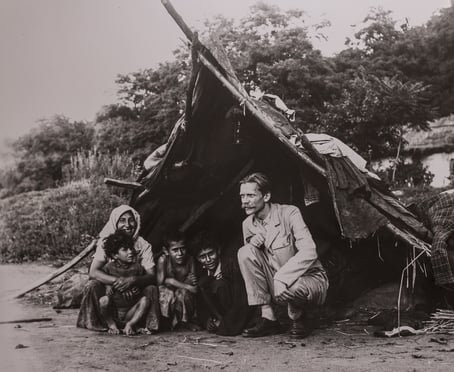

Gypsies in Hungary: history, music, dance and art.
What is the origin of the notion of “gypsy music”? How is this music style characterized? What cultural territories does the term refer to?
To answer these and other questions, the course visits references from Hungarian musicology, elucidating the conceptual problem surrounding the notion of “gypsy music” and its relationship with the musical and socio-political environment of Hungary during the 18th, 19th and 20th centuries.
The relationships of socio-cultural convergence and divergence between rural and urban contexts are presented, as well as aspects relating to the professionalization of Roma musicians and their contribution to the development and preservation of Hungarian folk and popular musical traditions.
From within the framework of these distinctions, we present specific features relating to Romani musical traditions, led by the Roma vlax. We detail the genres that make up their musical tradition, their rhythmic and melodic characteristics, the linguistic aspects of their songs, their relationship with the practice of dance, as well as with the social organization of these communities and their moral values.
We also present a history of the Romani Folklore Movement, which developed from the 1970s onwards, and its main protagonists in the fields of music, dance, arts and literature. In more detail, we cover the creation of professional Romani music ensembles, the stylistic modernization of the traditional vlax repertoire, as well as the political implications of this cultural movement until, finally, its consolidation on the contemporary global music scene.
The final part of the course offers an empirical experience of the Romani vlax repertoire. Through the practice of selected songs, texts, melodies and characteristic rhythmic patterns are practiced.
Workload: 4 hours
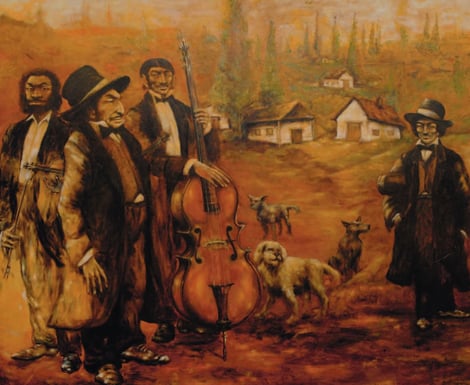

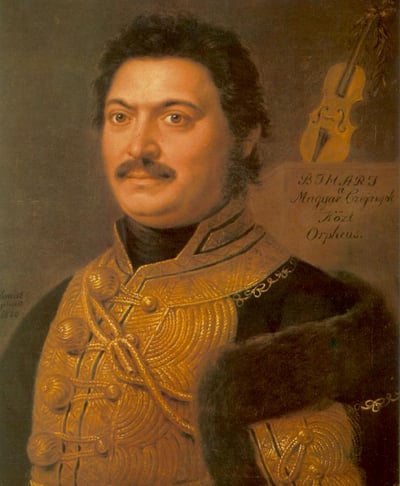

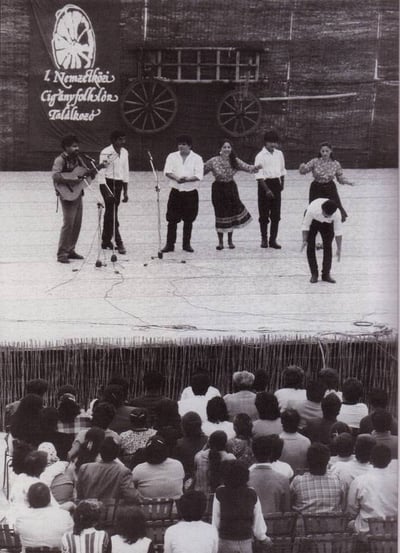

Gypsies in Romania: from slavery to their musical heyday.
In this course, we visit the history and culture of the Romani people in Romania. We begin our journey in the 14th century, when the first records attest to the presence of gypsies who, as slaves, served the voivodes (princes), boyars and Orthodox monasteries of the principalities of Wallachia and Moldavia.
In order to understand the social organization of the Romanian principalities before unification, we look at the ethno-socio-professional classification system that reflects the condition of the Roma populations until their emancipation at the end of the 19th century.
We look in detail at the history of the lautari, the segment of gypsies who served the nobility musically and went on to become the country's professional musician class. We seek to understand the varied influences that marked the musical dialogues established by the lautari, especially the Ottoman ones, which bequeathed a set of distinctive rhythmic and melodic characteristics to their musical repertoire.
Having presented the vocal and instrumental genres that make up the so-called muzica lautareasca (the music made by the lautari), we will look in more detail at the so-called manea, covering its development from the 16th century to the post-1989 period, when, after the communist regime ended, the so-called “oriental music” established itself as the main Romani genre in the country.
With regard to the manele, we visit their rhythmic-melodic characteristics, the thematic content of the lyrics, instrumentation, dance, as well as their performance context, main performers and the visual aesthetics that characterize their record products.
The final part of the course offers an empirical experience of Romani music, through the practice of a selected song, exercising text, melody and rhythm characteristic of the so-called Romanian manea.
Workload: 4 hours
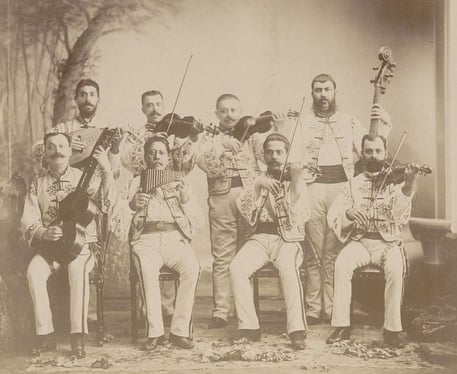



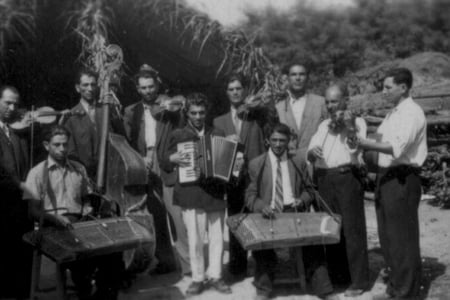

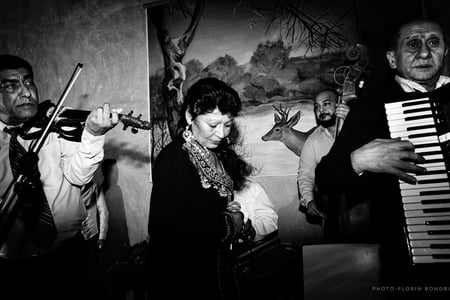

Baxtale! - Romani Music Research Group
baxtalemuzsika@gmail.com
São Paulo - Brazil
